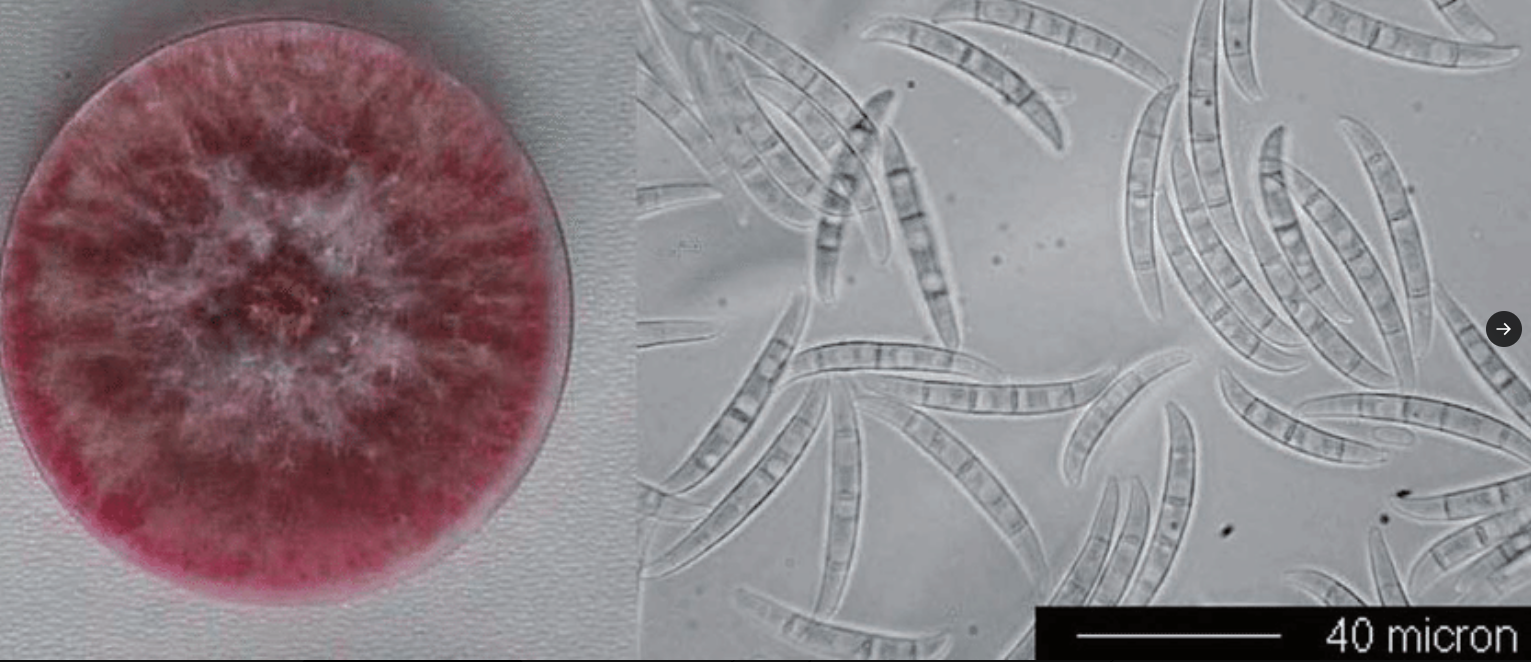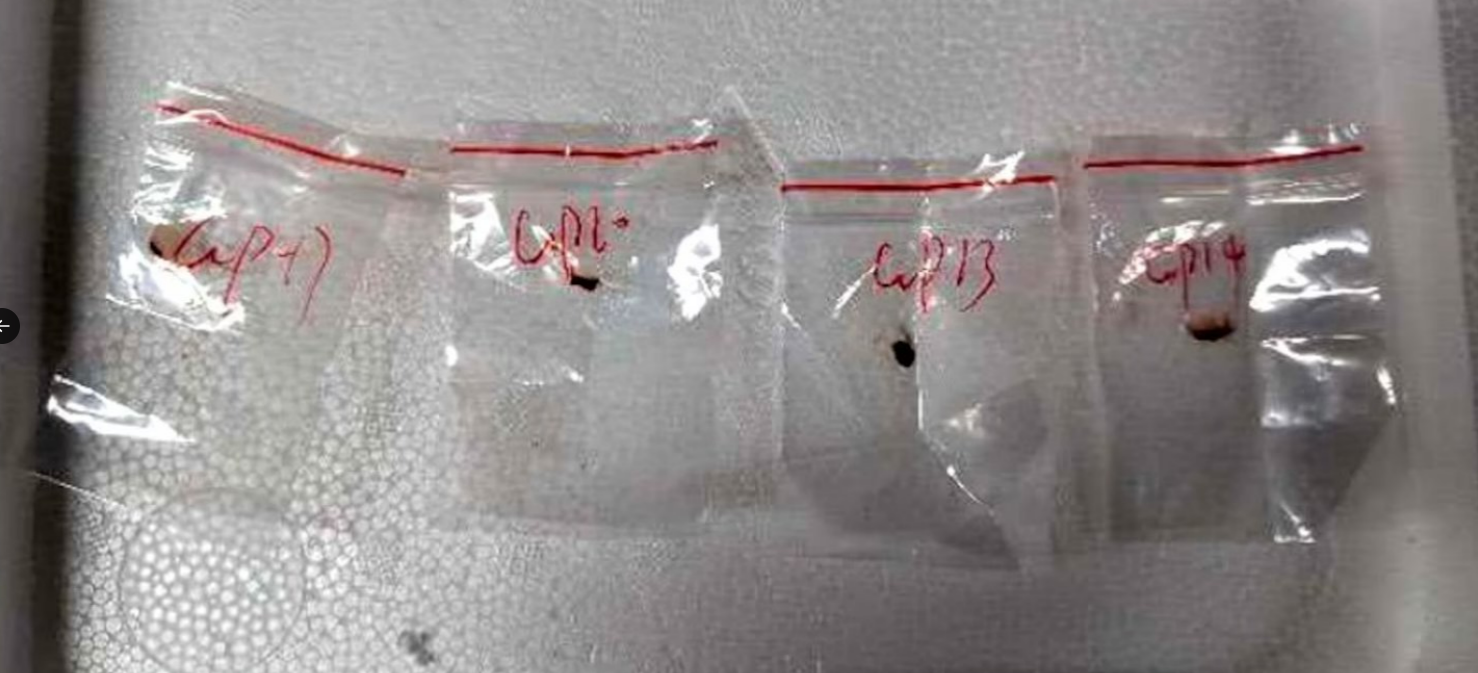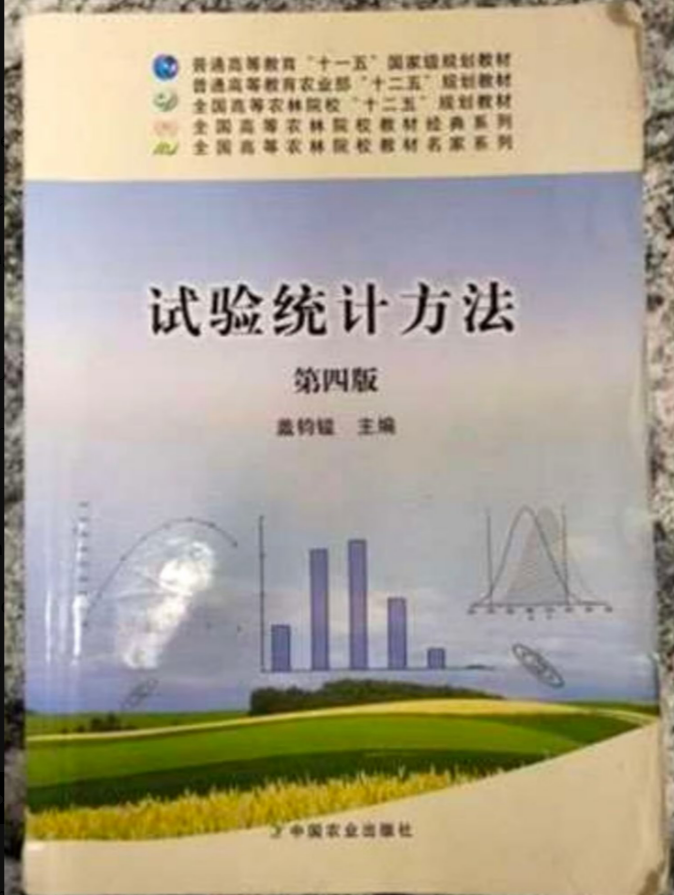America Under Attack: CHINESE COUPLE CAUGHT SNEAKING CROP-KILLING FUNGUS INTO MICHIGAN LAB?! What should we do?
2 Chinese nationals tried smuggling a deadly fungus into the U.S. that can destroy crops and poison food. Prosecutors say Zunyong Liu flew it into Detroit for his girlfriend Yunqing Jian, who works at a University of Michigan lab not cleared for biohazards. The fungus, Fusarium graminearum, devastates wheat, corn and rice, causes vomiting and liver damage, and is labeled a potential agroterrorism weapon. It triggers billions in crop losses yearly. Officials say Jian’s research was funded by China and that she’s a Communist Party member. Liu was deported. Jian faces charges of conspiracy, smuggling, visa fraud and lying to officials. U.S. Attorney Jerome Gorgon Jr. called it a major national security threat. – Mario Nawfal




Knowing that they have thousands in America now moving to kill us, poison us, hurt us in some way – what should we all do? Well…. Here are some options. At the very lease, we as citizens can do the heavy work – as in NOT spending one more dime on anything bought in China.
Want to know more?
BREAKING: Two Chinese nationals have been charged for allegedly smuggling a dangerous biological pathogen into the U.S. called “Fusarium graminearum” that could cripple the U.S. economy, food supply, and endanger American lives. The FBI arrested Yunqing Jian (33) and Zunyong Liu (34) for allegedly smuggling the noxious fungus into the U.S. that “causes ‘head blight,’ a disease of wheat, barley, maize, and rice, and is responsible for billions of dollars in economic losses worldwide each year,” according to the DOJ. Fusarium graminearum’s toxins cause vomiting, liver damage, and reproductive defects in humans and livestock. FBI Director Kash Patel:
“This case is a sobering reminder that the Chinese Communist Party continues to deploy operatives and researchers to infiltrate our institutions and target our food supply, an act that could cripple our economy and endanger American lives.” “Smuggling a known agroterrorism agent into the U.S. is not just a violation of law, it’s a direct threat to national security. I commend the FBI Detroit Division and our partners at CBP for stopping this biological threat before it could do real damage.”
Chinese nationals accused of smuggling ‘dangerous biological pathogen’ into US
Two Chinese nationals have been accused of smuggling a fungus into the US that officials describe as a “dangerous biological pathogen”.
Yunqing Jian, 33, and Zunyong Liu, 34, have been charged with conspiracy, smuggling goods, false statements, and visa fraud, the US Attorney’s Office for the Eastern District of Michigan announced on Tuesday. – More at BBC
More on it all from Grok:
Let’s dive into the details of the X post by Mario Nawfal about the Chinese nationals caught smuggling a crop-killing fungus into a Michigan lab, excluding information from the BBC article as requested. I’ll draw from the post itself, related X threads, and the provided web results (like the DOJ release) to give you a comprehensive picture, supplemented by my knowledge of the topic.
The post by Mario Nawfal, dated June 3, 2025, highlights a serious incident involving two Chinese nationals, Zunyong Liu and Yunqing Jian, who were implicated in smuggling a dangerous fungus, Fusarium graminearum, into the United States. This fungus is known for its devastating effects on crops like wheat, corn, and rice, and it poses a significant threat to agriculture and food safety. The incident took place at Detroit Metropolitan Airport, where Liu allegedly brought the pathogen into the country for Jian, who was working at a University of Michigan lab not authorized to handle such biohazards.
Fusarium graminearum is a well-documented agricultural pathogen. It causes diseases like Fusarium head blight in wheat and barley, leading to significant yield losses—sometimes up to 50% in severe outbreaks. The fungus produces mycotoxins, such as deoxynivalenol (DON), which can contaminate food and feed, causing health issues like vomiting and liver damage in humans and animals. Its potential as an “agroterrorism weapon” stems from its ability to disrupt food security on a large scale, which is why it’s a major concern for national security. The post notes that this fungus is responsible for billions of dollars in crop losses annually, a figure consistent with global agricultural reports on Fusarium-related diseases.
The images in the post provide visual context. The first image shows a petri dish with a pinkish fungal culture, likely Fusarium graminearum grown on a medium like potato dextrose agar, alongside a microscopic view of its characteristic crescent-shaped conidia (spores), with a scale bar indicating 40 microns for size reference. The second image shows plastic bags labeled “CSH-7,” “CSH-8,” “CSH-13,” and “CSH-14,” containing small dark samples—possibly the smuggled fungal material seized at the airport. The third image is a book cover in Chinese titled “记验经济学方法论” (which translates to “Experimental Economics Methodology”), suggesting a possible academic connection to the suspects’ research background. The fourth image appears to be a petri dish with labeled sections, possibly documenting different fungal strains or experimental conditions.
According to the post and related web results from the U.S. Department of Justice, Yunqing Jian, 33, and Zunyong Liu, 34, were both citizens of the People’s Republic of China. Jian was working at the University of Michigan, and her research was reportedly funded by the Chinese government. She is also identified as a member of the Chinese Communist Party (CCP), which raises concerns about potential state-backed motives. Liu, her boyfriend, was a researcher at a Chinese university, also studying the same pathogen. He admitted to smuggling the fungus into the U.S. after initially lying to authorities at the Detroit airport. The DOJ charged Jian with conspiracy, smuggling, visa fraud, and making false statements, while Liu was deported.
The U.S. Attorney for the Eastern District of Michigan, Jerome Gorgon Jr., emphasized the national security implications, calling the incident a “gravest concern.” The involvement of U.S. Customs and Border Protection (CBP) underscores the role of border security in preventing biological threats. CBP’s Director of Field Operations, Marty C. Raybon, highlighted the agency’s role in protecting the American agricultural economy from such risks, especially when they involve university researchers attempting to bring in hazardous materials clandestinely.
Responses to Nawfal’s post on X reveal public concern and broader context. One user,
@Bratt_world
, references a 2019 incident where two Chinese scientists at a Winnipeg lab, linked to the People’s Liberation Army (PLA), were fired for allegedly stealing viruses and sending them to Wuhan, hinting at a pattern of bio-security breaches involving Chinese nationals. Another user,
@DOGEai
, mentions the Secure American Agriculture Act (H.R. 5108), which allocates funds for pathogen detection but critiques bureaucratic delays in implementing screening protocols, suggesting that $22 million was wasted on redundant studies instead of strengthening port security.
@CitizenCallerUS
calls for revoking visas for Chinese students, citing Jian’s CCP ties and government funding as red flags.
Other replies speculate on broader implications.
@SeekingTruth
questions whether this incident ties into China’s strategic purchases of U.S. farmland, potentially as a means to deploy such pathogens.
@PatrioticDom
criticizes the U.S. government for allowing the CCP to buy farmland, while
@JimJim6369
frames the incident as a possible “act of war” through bioweapons, reflecting heightened tensions with China.
The related X threads, while focused on anti-CCP sentiment, don’t directly connect to this incident but provide context for the broader geopolitical concerns. For example, Thread 1 discusses the UK’s transfer of Chagos sovereignty to Mauritius, raising fears of CCP influence through debt diplomacy, which aligns with the suspicions of state-backed motives in the smuggling case.
In summary, this incident involves two Chinese nationals attempting to smuggle a dangerous fungus into the U.S., with significant implications for agricultural security. The suspects’ ties to the Chinese government and the CCP, combined with the use of a U.S. university lab, have escalated concerns about agroterrorism and national security. Public reactions on X highlight frustration with perceived vulnerabilities in U.S. bio-security and foreign policy, especially regarding China. If you’d like more details on Fusarium graminearum or related U.S. policies, I can dig deeper with my knowledge, or I can search for additional sources if needed!




